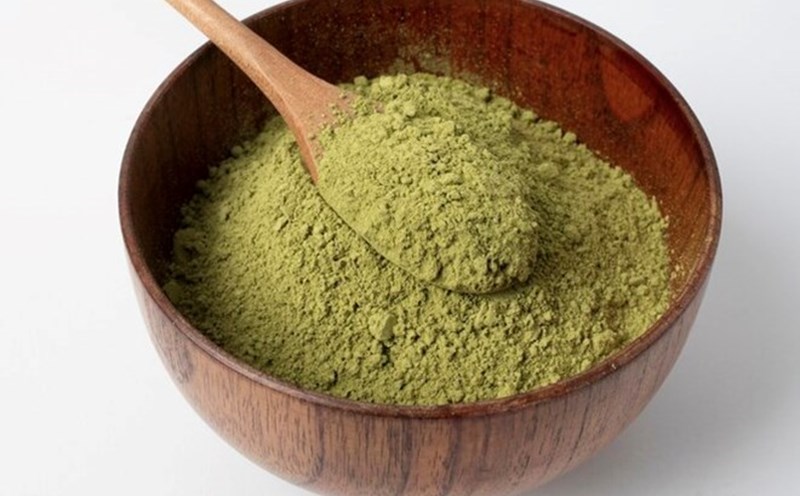Matcha and the ability to absorb iron from food
Matcha, a smooth powder made from green tea leaves, is popular for its rich flavor, rich in antioxidants and ability to support concentration. However, matcha contains tannin, a polyphenol compound that can bind to iron in the intestines, reducing absorption, especially iron from plants (nheme iron).
" Mat Matcha mainly affects plant-based iron," said prof. Studies show that just one cup of green tea at a meal can reduce iron absorption by 60 - 90%, and matcha is even stronger."
This means that people who regularly eat beans, green leafy vegetables, tofu or whole grains should pay attention when combining it with matcha. In addition to matcha, other drinks such as black tea, oolong tea, cocoa or red wine can also hinder iron absorption if consumed in excess.
Who needs attention when drinking matcha and how to use it properly
Iron deficiency is often difficult to recognize, but some signs include fatigue, dizziness, pale skin, cold hands and feet or brittle nails. Women during their menstrual period, pregnant women, those who breastfeed or follow a vegetarian diet are at higher risk.
Dr. Yoshua Quinones, a clinical lecturer at Grossman School of Medicine, New York University, recommends: A cup of matcha per day is safe. The problem only occurs when you drink it multiple times, especially with meals, because it will reduce iron absorption and increase caffeine intake".
Matcha can contain up to 45 mg of caffeine per gram, while a cup of 240 ml of coffee contains about 120 mg. In addition, Quinones notes that supplementing vitamin C from citrus fruits or bell peppers when eaten with iron-rich foods will help increase absorption.
To enjoy matcha without worrying about iron deficiency, experts suggest:
Limit 1 - 3g of matcha per day (equivalent to 1 cup).
Drink at least 1 - 2 hours before meals.
Combined with foods rich in vitamin C.
Avoid adding too much sugar when mixing matcha.
Matcha is still a healthy drink, beneficial for the heart, brain and ability to concentrate if used properly. The problem of absorbing iron is only a concern when you are at high risk or drink too much matcha at meals. Balancing your diet, supplementing foods rich in vitamin C and monitoring your health regularly will help you enjoy matcha while protecting the body's iron needs.








